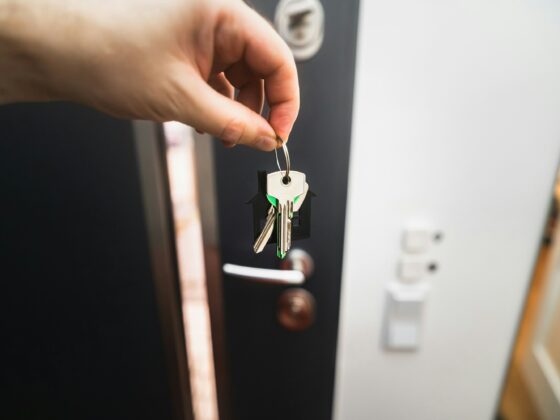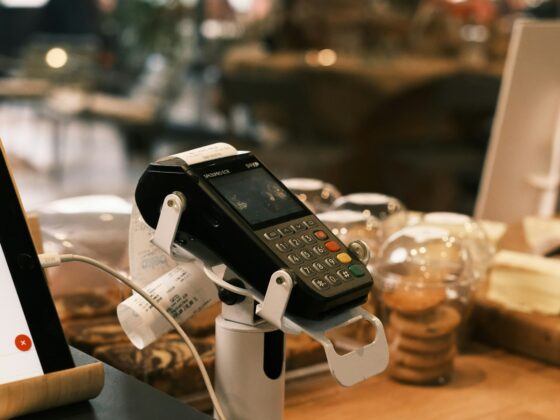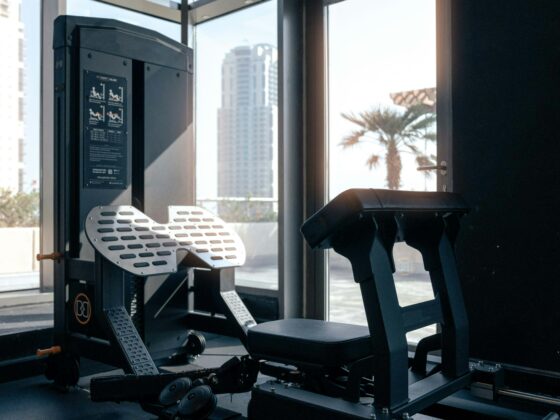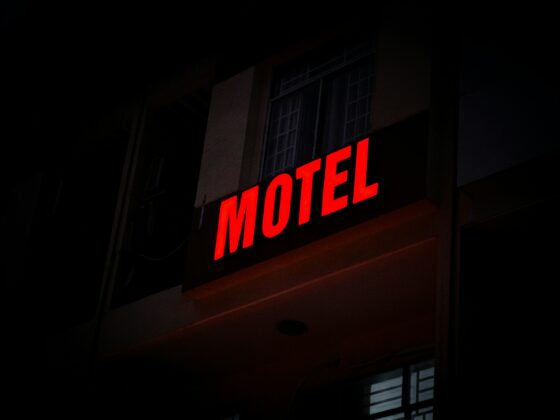
Within hotels, critical infrastructure must meet building codes and pass annual inspections mandated by cities, states, municipalities and tribal nations to ensure that building operating systems are compliant with security and safety regulations. When mechanical systems, electrical systems, clean water supply, and data systems are in disrepair or inoperable, not only is it inconvenient, but time is of the essence to restore operations before fallout impacts public health, safety, and security. It is imperative that hotels are prepared with security and risk assessment plans to minimize damage and to get all systems operating smoothly.
Among the required inspections, safety systems, such as fire detection, sprinklers, emergency alarms, automatic generators, and other protective equipment, must be installed and in operating order. Besides safety systems and equipment, hotel security systems, such as video surveillance and access control systems, must also be in place to mitigate vulnerabilities for criminal activity such as theft, arson, and vandalism.
Since hotels have open public access, it is challenging to monitor every single guest and employee on-site without interfering with privacy. Temporary contractors, maintenance crews, and vendors also move about hotel premises in areas that are restricted from guests. Security systems, such as video surveillance and access control, provide essential information and accountability for monitoring movement and the ebb and flow of people on the premises. An essential access control and asset management security system that provides accountability for all keys and their protected assets is electronic key control, an instrumental security solution that guards critical infrastructure.
How It Works
Electronic key control systems are secure key cabinets with key-tracking software. With all key transactions recorded, it is quick and easy to see which keys are currently in use and by whom, and when keys have been returned to the system. The KeyWatcher® records every key transaction, and a complete audit trail is always available, which can be downloaded and printed when needed.
The system is easily programmable by hotel key control administrators, and access is obtained by authorized users through PIN codes and biometrics. Once users are authenticated, their key ports light up and their keys unlock for use. Knowing where all keys are provides time savings and productivity, while knowing who is using them provides accountability.
How Key Control Protects Critical Infrastructure
When keys are unaccounted for, or are lost or missing, critical infrastructure, including power supply, mechanical and building systems, generators, and running water, are all at risk of sabotage should these missing keys get into the wrong hands. When there is interference with a hotel’s critical infrastructure due to weather-related incidents or sabotage, the building instantly becomes unsafe. Power outages create portentous environments for theft, vandalism, and physical assault.
An electronic key control system provides accountability for all keys and the people who are authorized to use them, which also provides forensics for security incidents. If theft or vandalism occurred in a specific area of the hotel during a power outage or when a mechanical system was suddenly compromised, the audit trail from the key control system shows who last had the key that provided access to the affected area, including the date and time, providing essential information for security and crime investigations.
Why Key Control is Important for Hotel Security
Key control is an essential security technology that protects hotel guests and staff, assets, and the interior and exterior footprint of the hotel building. It also improves productivity and hotel operations’ bottom-line profitability when keys are all accounted for with known authorized users.
Accountability for keys provides protection for doors and locks to critical infrastructure mechanical and electrical areas, which is critical for guest safety, security, and comfort, and for getting building operations up and running. Most importantly, key control systems prevent guests, the public, and intruders from accessing areas of the hotel that run building operating systems, which enhances public safety and reduces liability and risk of injury.
Key control systems make hotels safer by boosting security and emergency preparedness, which reduces risk and threats. The white paper “Security Practices for Hotels” provides important information and best practices about how hotels benefit from key control systems.







